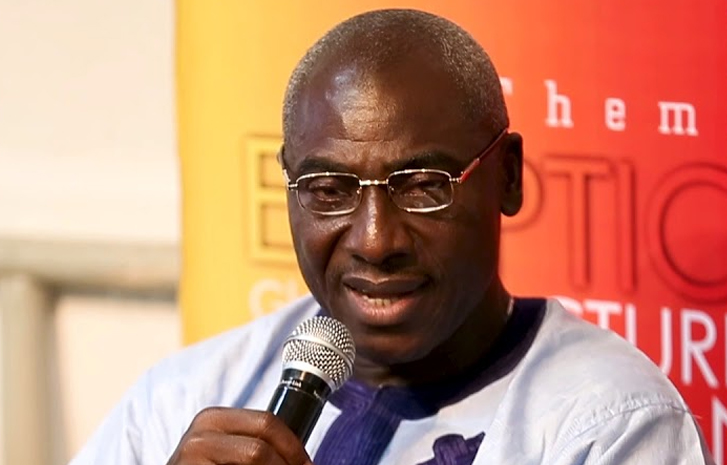The International Press Council, IPC, and the Centre for Media and Society Strategic Engagement, CEMESO, have urged media practitioners to demonstrate professionalism and uphold ethical values in their work.
Mr Lanre Arogundade, Executive Director of IPC, made the call during a workshop for selected media executives and senior journalists in Port Harcourt on Wednesday.
He said that the media played important role in elections, emphasising media’s position as a cornerstone of democracy in any country.
Arogundade explained that IPC and CEMESO organised the workshop for media practitioners to brainstorm and identify strategies that would foster solution-driven election reporting.
“We must review our past with a view to drawing a roadmap for improvement of the present in media reportage, reflecting factually accurate, socially responsible electoral reporting, free from hate speech and disinformation,” he said.
Arogundade explained that journalists played critical role during elections, particularly in civic and voter education, public enlightenment, providing a platform for campaigns and conflict management.
He said that the media houses could not take the roles for granted, as citizens consumed and interpreted media information to make informed decisions and judgements.
“They are equally important because the conduct or misconduct of media institutions often impact heavily on democratic processes.
“The actions and inactions of media professionals could also affect the credibility and fairness of the electoral situation under which the people exercise the right to choose,” he added.
Arogundade highlighted that the European Union’s Support to Democratic Governance in Nigeria phase II programme (EU-SDGN II), recognises the importance of supporting the media to enable them to perform their duties effectively.
READ ALSO: You must marry me and my children, By Funke Egbemode
He stated that component four of the programme advocated the strengthening of media professionals in tackling misinformation and disinformation and enhancing their ability to diversify and deepening coverage of the electoral process.
Other areas include enhancing the professionalism of media practitioners, especially women, improving media awareness, use of the FOI Act and encouraging media engagement in promoting the participation of women, youths and marginalised groups in politics.
He said that IPC and CEMESO had organised several capacity building programmes, but after two years of substantial engagements with journalists, limited impact was recorded.
“Evaluators identified that the challenging media environment as a key constraint to applying newly acquired knowledge and skills.
“To maximise impact, training must be complemented by a supportive newsroom environment.
“Therefore, this brainstorming session aims to identify strategies for fostering solution-driven election reporting,” he noted.
Also speaking, the Executive Director of CEMESO, Dr Akin Akingbulu, said that professional, ethical and vibrant media remained essential to building democracy in Nigeria.
He said that history had placed media practitioners with a sacred duty to transform information into institution, voice into nation building and headlines into legacy.
According to Akingbulu, media practitioners are faced with challenges, including widespread financial instability in media houses, mounting political pressures and the unchecked proliferation of disinformation.
“We recognise the weight media professionals carry daily battling to uphold truth, while navigating financial constraints and an ever-evolving digital landscape.
“We understand the delicate balance practitioners must strike in serving the public interests, while keeping the lights on and maintaining credibility in an era of deep skepticism.
“The threats to press freedom and the exclusion of marginalised voices are systemic issues requiring systemic solution challenges that are not journalists’ alone but are ours to confront together,” he added.
Akingbulu concluded with a strong call for sustained partnerships among the media, civil society and government institutions to forge long term reforms.
Source: NAN














